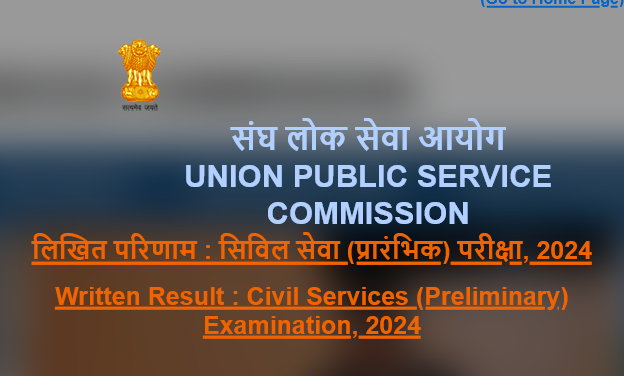News Excerpt:
Narendra Modi was appointed as Prime Minister at a swearing-in ceremony on June 9.
Significance of oath-taking ceremony
- Oath-taking ceremony is a formal event that signifies a person assuming control of a post, and is associated with several government offices in India.
- In this ceremony the person takes an oath to remain loyal to the Constitution and to discharge his duties honestly.
Different Types of Oaths
- At different levels of government, the oath is administered by different people.
- The oath of office to the President is administered by the Chief Justice of India.
- For the Prime Minister and the Union Cabinet, the President discharges the function.
- For CMs and ministers at the state level, the Governor administers the oath.
- This ceremony reaffirms the supremacy of the Constitution in our politics.
Procedures of oath-taking
- Those taking the oath can either “swear in the name of God”, or simply “solemnly affirm”.
- The words of the oath of allegiance for each post are given in the Constitution of India.
Constitutional Provisions of Oath
- The President’s oath of office, in Article 60 of the Constitution, says, “I, A. B., do swear in the name of God/solemnly affirm that I will faithfully execute the office of President (or discharge the functions of the President) of India and will to the best of my ability preserve, protect and defend the Constitution and the law and that I will devote myself to the service and well-being of the people of India.”
- The ‘Third Schedule of the Constitution’ details the oaths for other offices. Holders of these offices also take an oath of secrecy.
- Form of oath of secrecy for a Minister for the Union:— “I, A.B., do swear in the name of God/solemnly affirm that I will not directly or indirectly communicate or reveal to any person or persons any matter which shall be brought under my consideration or shall become known to me as a Minister for the Union except as may be required for the due discharge of my duties as such Minister,”.
- There are a few variations to these words in the oaths for post-holders at the state level.
Are variations of oaths allowed?
- Constitutional experts say that Article 164 makes it clear that the text of the oath has to be read out exactly as it is.
- Other Legal experts say it is the content of the oath that is important. That should be as per the format laid down in the Constitution. Adding something before or after the oath is not unlawful as long as the substance of the oath is unaltered.
- But if a person wanders from the text, it is the responsibility of the person administering the oath — Governor — to interrupt and ask the person being sworn in to read it out correctly.
Dispute on wordings of the oaths
- The words of the oaths were arrived at after considerable discussions in the Constituent Assembly. One of the sharpest debates was about whether office bearers of a secular state should swear in the name of God.
- Even after it was agreed upon that God could be part of the oath, there were disagreements on whether “in the name of God” should come before or after “solemnly affirm”.
- Finally the members of the Constituent Assembly decided to place “swear in the name of God” above “solemnly affirm” in the Indian constitution.



